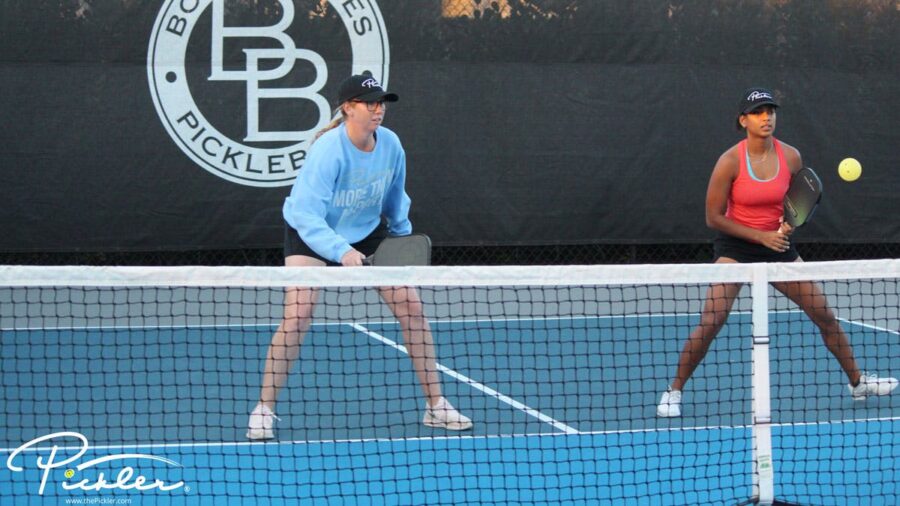Pickleball is being blamed for driving up the number of health insurance claims, particularly among older players.
But this bit of fresh news may be spreading a story that misses the larger picture.
Recently, shares of the largest publicly traded insurance company, UnitedHealth, fell due to abnormally high insurable claims for hip replacements, knee surgeries and other outpatient surgical procedures.
In a scramble to put a reason to this claims bubble, UBS financial services analysts theorized that the culprit was the rising popularity of pickleball among people who are 60 years old or older.
Focusing on pickleball, the analysts put the annual medical costs associated with recreational players this year somewhere in the range of $250 million to $500 million. They cited a study that found that 90.9 percent of pickleball injuries were being claimed by people who are 50 years old and older.
Calling pickleball an “injury sport” is nothing new. But this fresh reporting hung some concrete data analysis on what had been little more than an anecdotal argument.
“While we generally think of exercise as positively impacting health outcomes, the ‘can-do’ attitude of today’s seniors can pose greater risk in other areas such as sports injuries, leading to a greater number of orthopedic procedures,” the UBS analysts wrote.
It’s worth noting that there are other ways of interpreting the data.
For example, you could argue that the numbers also show that relatively few pickleball players end up in emergency rooms with orthopedic injuries. It’s about 0.27 percent – or to put it another way, about one player out of every 400 hundred ends up injured.
With 22.3 million pickleball players and an annual projected 150 percent growth rate in players, even small percentages of injuries can turn into big dollar amounts.
But blaming this burst of people opting for elective surgeries in 2023 solely on pickleball may be extrapolating too much from the numbers.
A significant number of these surgeries probably have nothing to do with pickleball. They may be a result of the pent-up demand created by the COVID-19 pandemic.
“It’s time for revenge surgeries,” read the headline of a piece published in the Wall Street Journal in June.
“Seniors are finally coming back for medical procedures, hobbling insurance giants,” the piece said.
That piece said the slowdown of medical care during the pandemic caused many people to put off their elective knee and hip surgeries until now.
And these so-called “revenge surgeries” are happening as the fear of COVID subsides.
“From a financial standpoint, the pandemic years were surprisingly good for managed-care companies,” wrote David Wainer in the Wall Street Journal piece. “It wasn’t just that seniors stayed away from medical facilities to protect themselves from COVID. The bigger issue was unprecedented labor shortages at many medical centers as nurses and doctors quit their jobs.”
“But in recent months, many nurses who left hospital staff jobs during the pandemic out of exhaustion or for lucrative temporary jobs are coming back,” the piece continued. “Their return is helping ease shortages that have forced hospitals to turn away patient referrals.”
It’s also worth noting that regular exercise through pickleball isn’t only exposing fragile Baby Boomers to potential injury. It’s also providing them a heart-healthy activity that is good for their mental health through new socialization opportunities.
The sports education media company, SportsEdTV, pointed out that these health benefits of pickleball are far more significant and comprehensive than injuries to a small fractional number of players.
“The CDC reports that obesity alone costs the U.S. healthcare system nearly $173 billion a year. The annual financial burden of cardiovascular diseases is even more alarming, amounting to around $407 billion,” a SportsEdTV blog pointed out.
“Adding to these, the enormous costs and societal impact of untreated and underdiagnosed depression among older adults further underline the importance of maintaining an active lifestyle,” it continued.
“When seen against this backdrop, the $400 million figure linked to pickleball injuries pales in comparison.”
So, yes, we’ve seen the story about pickleball driving up the number of medical claims made by retirement-age players.
But that may not be the whole story.



